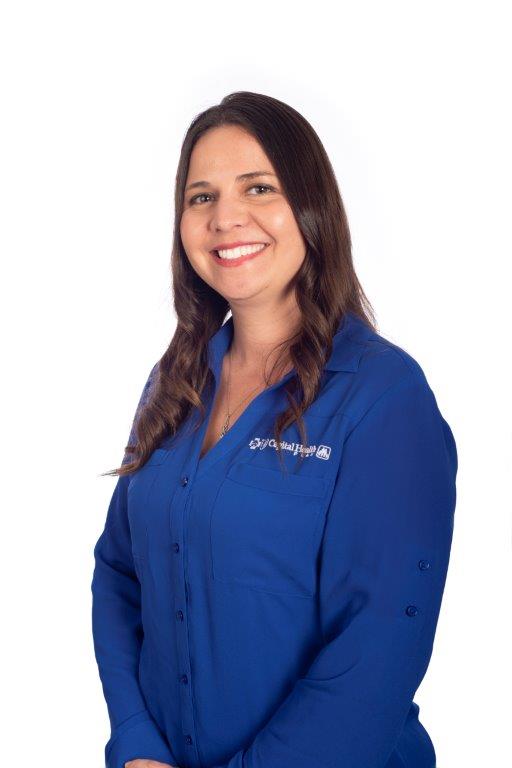
Retirement is a time to focus on yourself and enjoy all the leisure activities you have been dreaming of during your working years. Whether it’s sail boating on the Gulf, traveling the world, or spending your days on the golf course, retirement means no more work and ample “you time.” However, no more work can also mean no more employer-provided insurance. You will need to find the Medicare plan that is right for you.
Capital Health Plan is there for you every step of the way. To make the process as simple as possible, we have created a guide that breaks down aging into Medicare and includes everything you need to know about Medicare coverage -- so you can spend more time enjoying your retirement planning!
Here is a quick Medicare overview to help you get started:
Medicare is health insurance provided by age or disability through the United States government. Medicare coverage is 80% and pays for hospital and doctor visits, physical and occupational therapy, and some home health services. Medicare does not cover long-term care, dental and vision, dentures, or hearing aids.
Medicare services are offered in four parts -- Parts A, B, C, and D. Parts A and strongare known as “Original Medicare.”
Part A. This includes hospital and doctor care. You can choose any doctor or hospital you want, as long as they accept Medicare payments.
Part B. This part includes preventative care like wellness visits, flu shots, mammograms, cancer screenings, and lastrongtests. Part strongalso covers some medical equipment like wheelchairs and walkers.
Part C. This is known as “Medicare Advantage” and is insurance run by private companies that have a contract with Medicare to provide Part A and strongservices. These companies usually offer extras not covered by Original Medicare, like hearing and vision coverage. If you have Part C Medicare coverage, you typically have to stay in-network and use the providers approved by the plan. There is a lot of variation in Part C, and one should conduct ample research to find the right plan for them.
Part D. This part consists of prescription drug benefits. With Original Medicare, you need to join a drug plan (run by a private company) and pay a monthly premium. With Medicare Advantage, drug coverage may be part of your plan. Again, this varies, and one should conduct ample research to find the right program for them.
If you currently receive retirement benefits from Social Security or the Railroad Retirement Board, you are automatically enrolled in Part A and strongthe first day of the month you turn 65. This means you will receive your Medicare card three months before your 65th birthday and do not have to sign up for Medicare coverage manually.
If you are not currently receiving Social Security or Railroad Retirement Board benefits, you must apply for Medicare coverage on your own. This scenario usually applies to people 65 or older who are still working. For those not automatically enrolled in Medicare, it’s crucial to note that you must sign up for Parts A and strongby the first day of the month you turn 65. If you sign up any later, you may have to pay a higher premium for the rest of your life.
Understanding Medicare can be challenging. To receive more personalized help and speak to Medicare experts, Capital Health Plan offers free webinars and in-person seminars about Medicare Advantage (HMO) and the plans that CHP offers. June seminar dates include:
June 2 at 10 AM – Silver Advantage, Advantage Plus, and Preferred Advantage
June 7 at 2 PM – Silver Advantage, Advantage Plus, and Preferred Advantage
June 17 at 10 AM – Retiree Advantage Seminar
June 24 at 5:30 PM - Retiree Advantage Seminar
For more information, visit capitalhealth.com/medicare-plans.